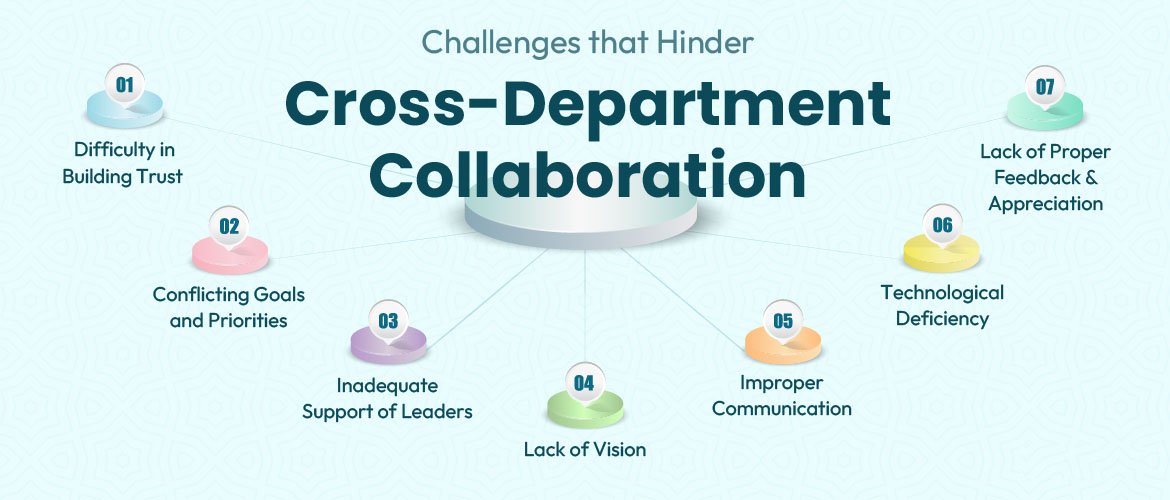How can I enter the field of artificial intelligence?
We are living in a world where everything is changing nowadays. With the advent of the internet, automatic machines, robots, and artificial intelligence, there is no limit to your imagination. We may not be able to decide what profession our children will take up, but we can guide their careers in the AI field. The easiest way to make a career in Artificial Intelligence (AI) is to have a solid foundation in science. If you have a passion for learning more about computer science or being an engineer, definitely go for it.
Artificial intelligence has taken over much of human tasks. It can be seen in products like Amazon's Alexa, self-driving cars, and much more. The field has evolved rapidly over the years and will continue to do so in the near future.
Artificial Intelligence is the future of technology, and therefore, there are lots of job openings currently in this field. However, to be part of this technology game, you need to necessary qualifications.
In this blog, I will try to explain the step-by-step process to enter the field of Artificial Intelligence. You can also read the blog "the work of an AI engineer" to get familiar with the responsibilities or the task done by the AI engineer.
Here is a step-to-step guide to entering the field of Artificial Intelligence:
Step 1: Complete your schooling in Science Stream:
The 10+2 will be your foundation to enter the field of Artificial Intelligence. The reason behind it is that strong mathematics or statics will help you during your graduation. However, it is not compulsory to have a background in science to pursue graduation in Artificial Intelligence engineering.
Step 2: Get a bachelor's degree:
If you want to work on AI, get your bachelor's in computer science in Artificial Intelligence and Machine Learning. With a bachelor's, you'll graduate with the fundamental knowledge to do AI-related work and research, as well as having an understanding of other areas like data science and programming. Keep in mind that AI is a broad field, and while some undergraduates pursue AI-related majors, others go into computer science or mathematics. My advice is to do what's best suits you according to your interest and strength. The alternate field can be:
Mathematics
Information Technology
Statistics
Step 3: Focus on your skills:
Artificial intelligence (AI) is one of the hottest careers in the tech industry right now. With AI, computers can think, learn, and act like human beings. It's widely used today in everything from self-driving cars to neural networks used for image recognition.
There are many different types of AI, and it's common for AI professionals to be specialists in one area. But if you're a beginner, it's best to learn as many AI skills as possible. That way, you'll be prepared for any future specialization you may decide to pursue.
To gain a foothold in AI, you need to learn the basics. As a beginner, here are some of the essential skills you'll need:
Programming Languages (R, Java, Python, and C++, etc.)-
Learning to code is fundamental to Artificial Intelligence. You should know several programming languages, such as R, Java, Python, and C++. Having hands-on practice with multiple programming languages is always an added advantage.
Math, Statistics, and Data Analysis-
Statistics is a crucial aspect of artificial intelligence. It plays a massive role in improving the accuracy of machine learning algorithms.
Statistics, as the name suggests, involves the study of data. It helps us make sense of data, predict outcomes, and draw conclusions.
A statistician uses statistical techniques to analyze data. The techniques can be used to determine the probability of an event happening and determine how likely an event is to happen.
Data collected from a variety of sources are fed into a statistical algorithm. The data are used to train the algorithm, and the algorithm learns from the data. One must be very thorough with the topics like Gaussian distributions, regression analysis, probability, and standard deviation, mean, mode, median, linear algebra and calculus, matrices, integration, vectors, differentiation, etc.
Neural Network Architectures- A neural network consists of one or more layers of neurons. Each neuron has a set of weights, which determine how closely the neuron connects to other neurons. During training, the weights of each neuron are adjusted based on training data. Once training is complete, the weights remain fixed, allowing the network to learn on its own. Students need to understand all the in and out of Neural network architectures.
Natural Language Processing: Natural language processing (NLP) refers to the methods of analyzing, processing, and manipulating human language, including text, speech, and other forms of natural language. The language processing module in Apache Spark allows you to analyze text data using machine learning and statistical methods. It would be best if you get familiar with NLP.
Apart from these technical skills, the student also needs to improve thier non-technical skills like communication skills, critical thinking, industry knowledge, teamwork, and leadership, etc.
Step 4: Internship:
Internships are popular choices for students and graduates who want to break into specific industries. They're also an excellent way to explore the field before you commit to it.
A summer internship is ideal for students, as it gives them time to gain real-world experience and gives them a chance to earn college credit.
While internships don't always lead to a job, they can certainly help. Many employers do hire their interns. Training can help you learn about the field, showcase your skills, and impress future employers.
The internship could be a great way to start your career in AI. You will work on various live projects and will have exposure to various filed of Artificial Intelligence.
Step 5 - Hunt for Job:
Now it is time to hunt for a job. Some colleges have a placement cell to help their students in getting placed in good companies. However, if you have completed your graduation or are a fresher, search the IT job portal. You will get many openings there. Once you finish the course, prepare your resume. It would be best if you determined well in advance where to apply. AI companies are everywhere, so first, determine where you want to work and then search for those companies. The artificial intelligence field is big and getting bigger. According to Forbes, AI is front and center in 16 of the top 25 largest companies globally, including Google, Facebook, Amazon, Tesla and Walmart.
Step 6 - Keep Improving:
In this fast-forward world, technology changes so fast that one has to keep themselves updated with the change. Although artificial intelligence jobs will always remain there, you can constantly improve yourself to be the odd one out of the crowd. Once you get the job, You can start preparation for the master's degree or join the courses on the latest trends in AI technologies to sharpen your skills.




















